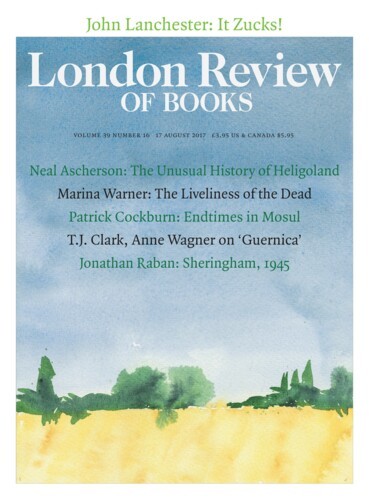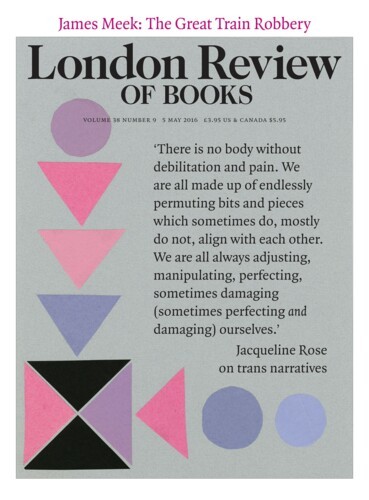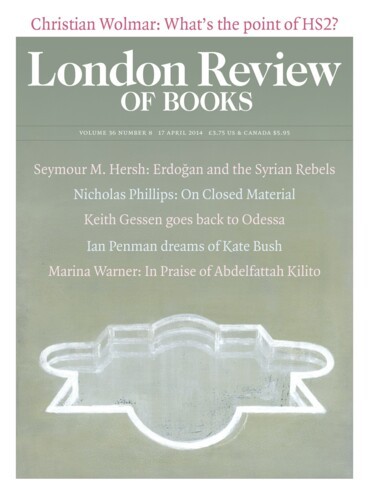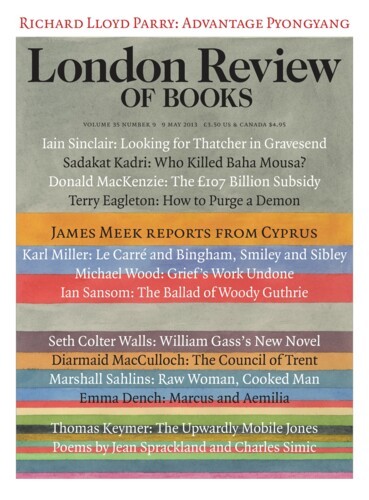I now, I then: Life-Writing
Thomas Keymer, 17 August 2017
You could say that in literature you don’t really have a genre until you have a name for it – and the word ‘autobiography’, it turns out, hasn’t been around for very long. In 1786, the labouring-class poet Ann Yearsley (‘Lactilla’, from her day job selling milk) published a memoir in which she berated her patron, the evangelical abolitionist Hannah...





